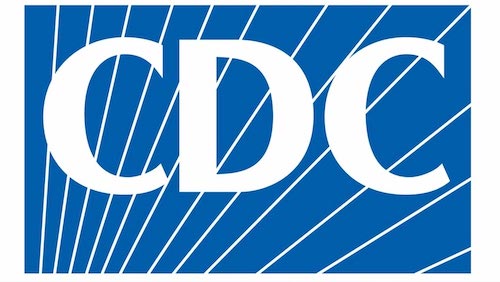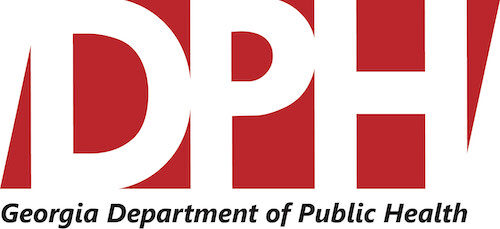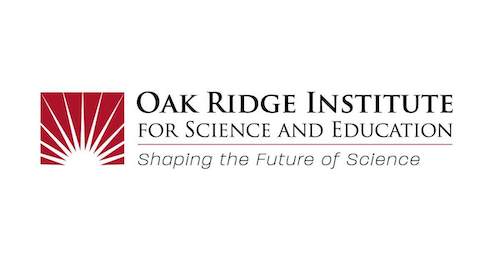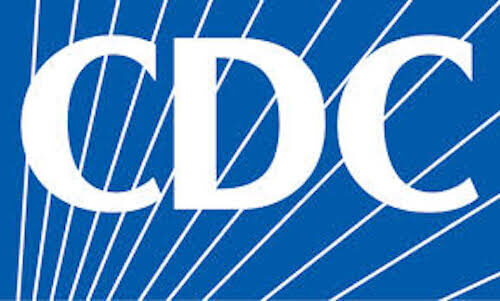Laboratory Data Analysis Fellowship, CDC
Category : Alumni
Position Description
A fellowship opportunity is currently available in the National Center for HIV/AIDS, Viral Hepatitis, STD, and TB Prevention (NCHHSTP) at the Centers for Disease Control and Prevention (CDC) located in Atlanta, Georgia.
Under the guidance of a mentor, the participant will conduct research in the Division of TB Elimination Laboratory Branch. The projects associated with this position will focus on laboratory data analysis specifically related to laboratory diagnosis of tuberculosis and drug resistance. This individual will have the opportunity to use a variety of analytic methods during the fellowship and to handle large data sets from the National TB Surveillance System as well as data collected over a 10 year period as part of a national performance evaluation program for molecular and growth-based drug susceptibility testing of Mycobacterium tuberculosis. No wet-laboratory research will be performed as part of this fellowship opportunity. The fellow will be expected to participate in Branch and Team meetings and maintain communication with the Laboratory Branch Chief. The fellow will also receive mentoring to prepare a peer-reviewed manuscript.
This participant will be engaged with Branch leadership and experienced laboratory consultants. Opportunities for networking with subject matter experts will be made available.
Required Qualifications
- The qualified candidate should have received a master’s degree in one of the relevant fields, such as Life Health and Medical Sciences or Mathematics and Statistics, or be currently pursuing the degree with completion by October 2020. Degree must have been received within five years of the appointment start date.
Preferred Qualifications
- Proficient in use of different statistical analyses and data visualization using SAS
- Excellent oral and written communication skills
How to Apply
- To learn more about the position and apply online, click here!
- A complete application consists of:
- An application
- Transcripts
- A current resume/CV, including academic history, employment history, relevant experiences, and publication list
- One educational or professional recommendation.
- If you have questions, send an email to ORISE [dot] CDC [dot] NCHHSTP [at] orau [dot] org. Please include the reference code (CDC-NCHHSTP-2020-0217) for this opportunity in your email.









Recent Comments